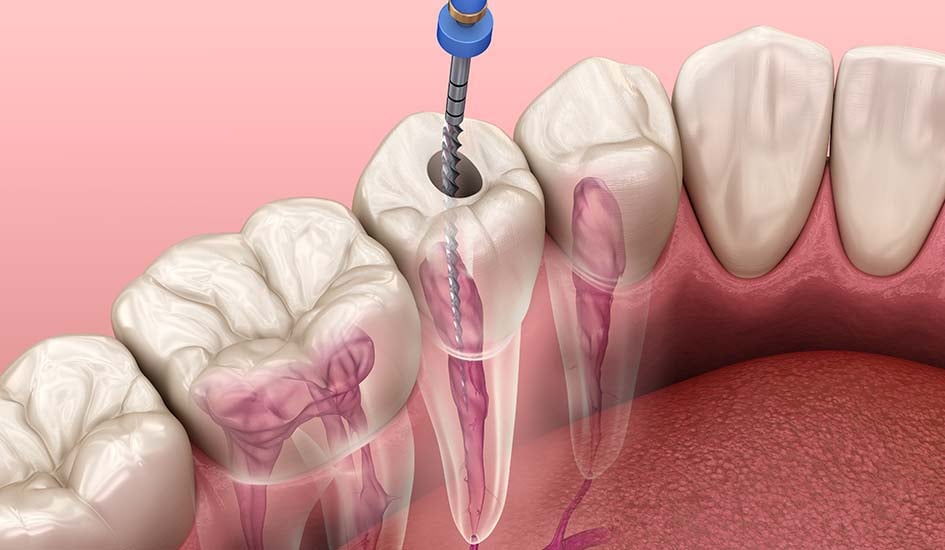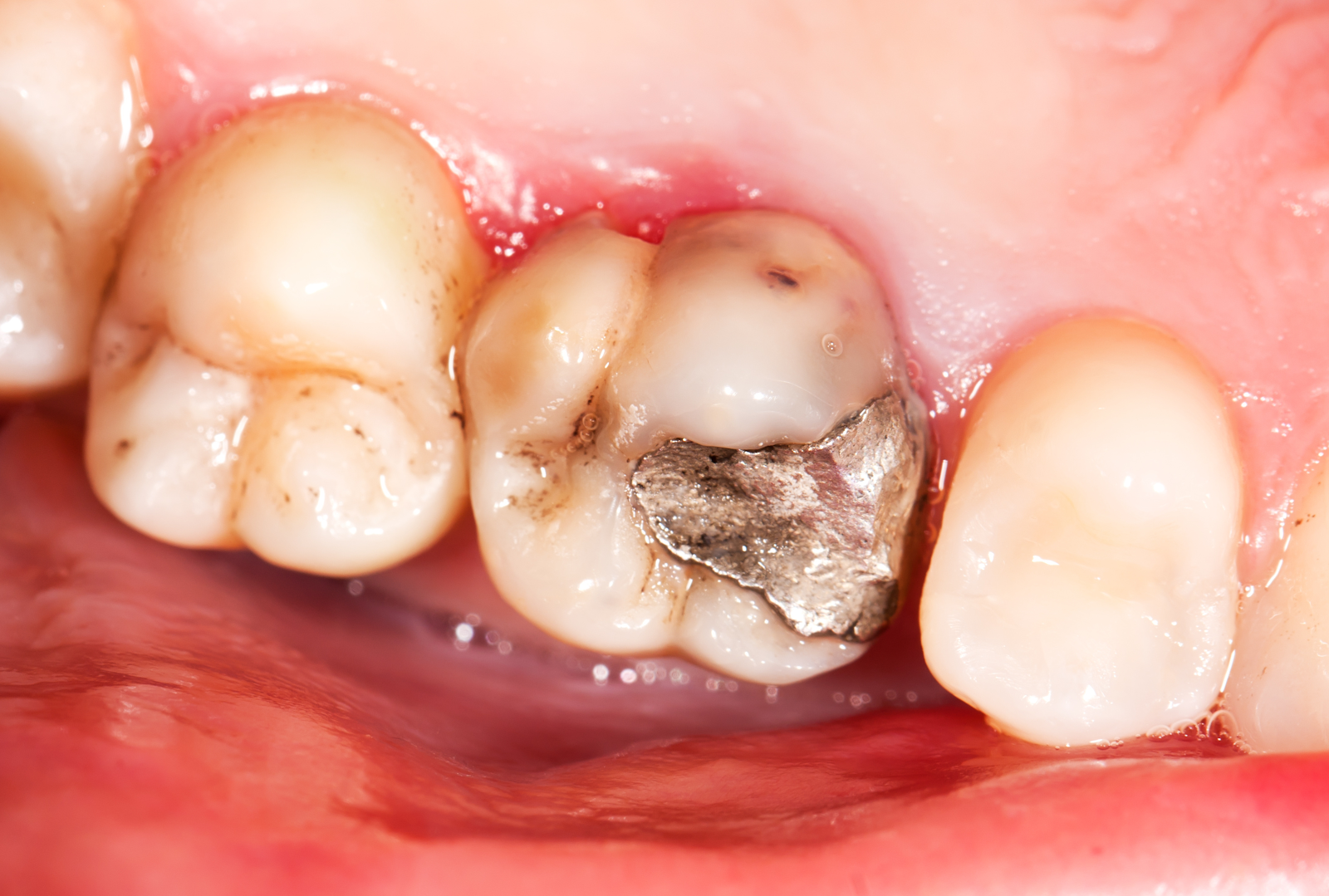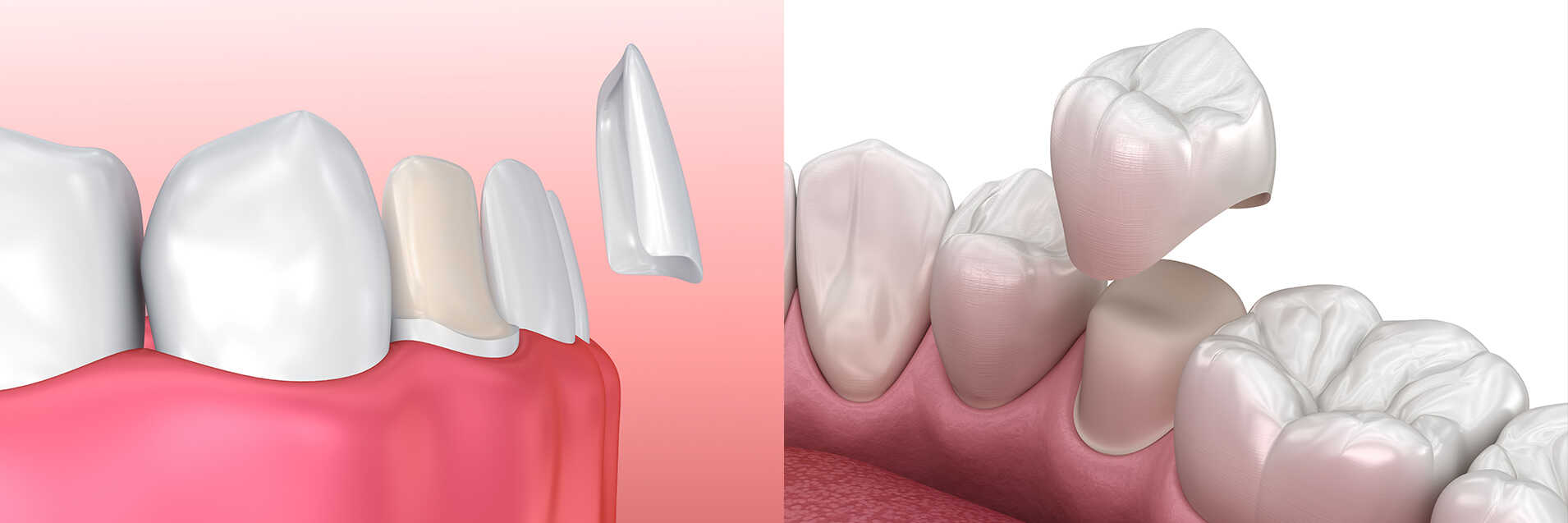Dentists try to keep natural teeth whenever possible, but sometimes a tooth is too damaged and must be taken out.
.svg)
.svg)
.svg)
.svg)
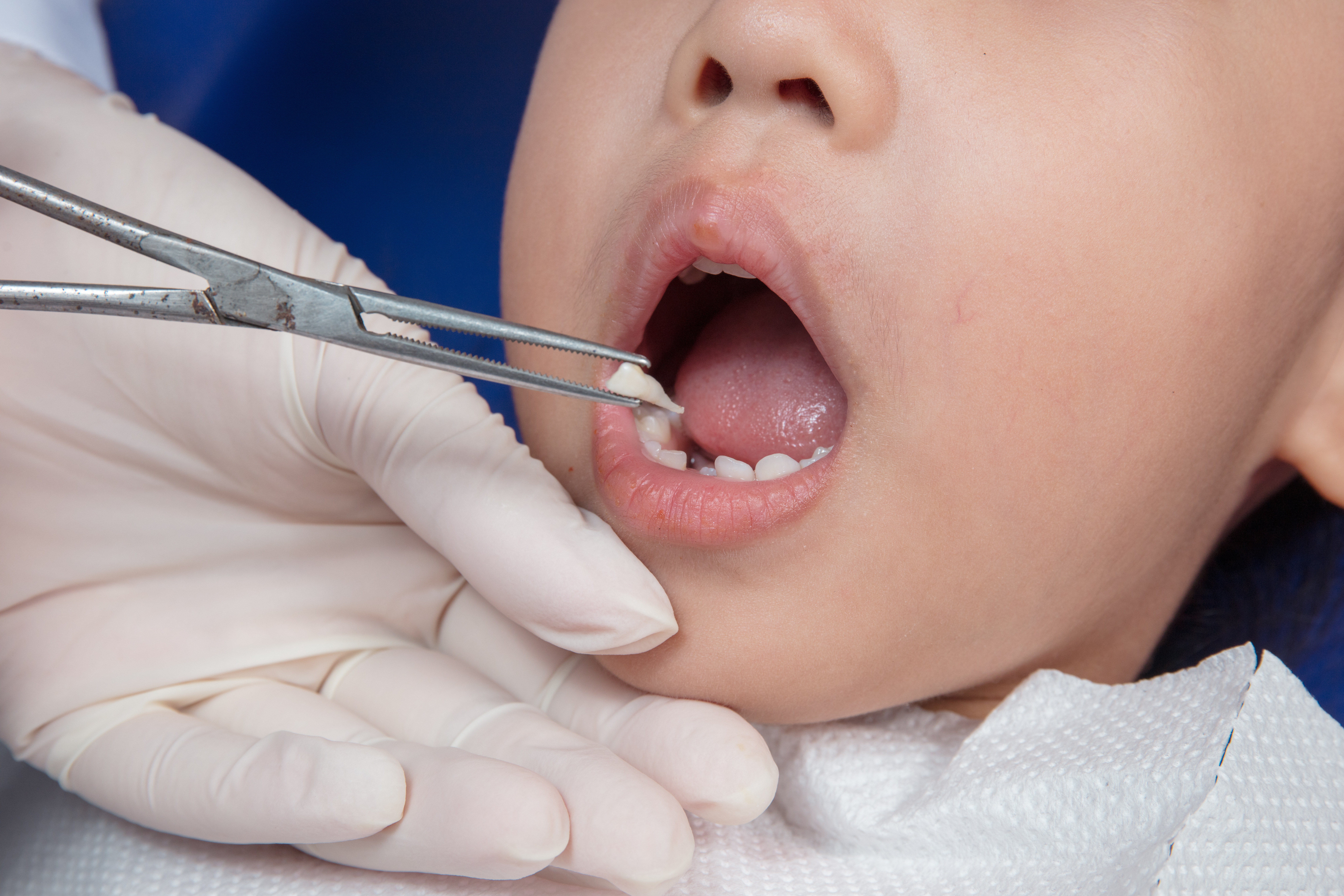
What Is a Tooth Extraction?
Tooth extraction is a dental procedure where a tooth is removed from its socket, typically due to severe tooth decay, injury, or impaction.
According to the Health Promotion Board (HPB), as of 2019, around 1 in 3 Singaporean adults aged 21 and above suffer from untreated dental caries. These caries often lead to tooth loss or dental extractions.
When possible, dentists will try to save your natural teeth. Sometimes, however, restorative methods such as tooth fillings or dental crowns just aren’t enough. If your tooth has been damaged past the point of repair, removal may be necessary.

Tooth Extraction Benefits
When Do You Need a Tooth Removed?
Dentists try to keep natural teeth whenever possible, but sometimes a tooth is too damaged and must be taken out.
Severe Tooth Decay (Cavities)
Cavities are holes in your teeth caused by bacteria. They can cause pain and infection. Brushing your teeth well and visiting the dentist regularly can help prevent them. If a cavity gets too big and damages the inside of the tooth, your dentist might need to remove the tooth if it can’t be fixed with a crown.
Crowded Teeth
If your teeth are too close together, it makes cleaning hard, and you might need braces or have to have some teeth removed to make room.
After Tooth Removal
Sometimes, infections can happen after a tooth is removed, showing signs like fever, abscess, bad breath, and a lot of bleeding. This needs quick dental treatment and antibiotics.
Preventive Removals
Occasionally, teeth are removed to prevent future problems, especially before getting braces to straighten teeth or to manage issues with wisdom teeth.
When to See a Dentist
- Toothache: If you have a toothache that lasts more than 2 days, it’s best to see a dentist to get checked for decay or cavity that may be causing the ache.
- Swelling or Inflammation: If you have swelling or inflammation in your gums or face that lasts more than 2 days, consult a dentist as this could be a sign of infection.
- Bleeding Gums: Bleeding gums when you brush or floss can be a sign of gum disease. If this persists for more than a week, see a dentist for evaluation and treatment.
- Loose Teeth: If you notice your teeth are getting loose, see a dentist ASAP as this could be a sign of bone loss or gum disease.
- Visible Tooth Damage: If you have a broken, chipped or cracked tooth, see a dentist now.
- Sensitivity to Hot or Cold: Increased sensitivity to hot or cold can be tooth decay or nerve damage. If this persists for more than a few days, see a dentist.
- Difficulty Chewing or Swallowing: If you have trouble chewing or swallowing for a few days, it could be a dental issue. See a dentist ASAP.
- Jaw Pain: Persistent jaw pain when chewing that persists for more than a week may be a dental problem. See a dentist to find out why.
- Bad Breath: Bad breath that persists even after brushing and flossing can be a sign of gum disease or other dental issues. See a dentist to get an assessment to ensure that this is not a sign of a more serious dental or medical condition.
When to See a Dentist

Tooth Extraction Procedure
Before the Procedure
- Prior to the extraction, a detailed dental X-ray helps evaluate the affected tooth’s condition, ensuring the extraction plan is precise.
- It’s crucial to provide a complete medical history to your dentist to tailor the procedure safely, particularly if you have health conditions that affect healing or infection risk.
- Maintaining good oral hygiene and avoiding hard or sticky foods before the procedure can also help minimise complications.
After the Procedure
- Rest: Keep activities light for the first day.
- Gauze: Bite gently on the gauze provided to help stop any bleeding. The gauze must remain in place for at least 20–30 minutes initially, and you should replace it whenever it becomes soaked.
- Bleeding: A little bleeding is typical; if it continues, replace the gauze as needed.
- Recovery: Expect peak swelling around 48 hours after the procedure; apply cold packs for 10 minutes at a time to reduce it.
- Medication: Follow your dentist’s instructions regarding any prescribed painkillers or antibiotics. Over-the-counter medications like acetaminophen or ibuprofen may be sufficient to control pain after a routine extraction.
- Aftercare: After the first day, rinse your mouth gently with saltwater to aid healing. You can drink water right after, but avoid disturbing the extraction site by avoiding straws, spitting, and vigorous rinsing for at least 24 hours.
- Complications: Be alert for signs of infection like ongoing pain or fever, and contact your dentist if these occur. If a dry socket (painful condition where the protective blood clot in a tooth socket is lost, exposing bone and nerves) occurs, your dentist may place a sedative dressing over the socket to protect it as a new clot forms.
- Follow up: Follow up with your dentist as directed. Regular cleanings and checkups are essential.
Expected Healing Timeline
- First 24 Hours: Blood clot forms, minimal activity recommended.
- 2-3 Days: Swelling peaks, apply cold packs to reduce it.
- 1 Week: Significant improvement in symptoms; continue to avoid straws and rigorous washing.
- 2 Weeks: Most of the soft tissue healing is complete.
During the Procedure
- Local Anesthetic: You’ll receive a numbing injection to keep you pain-free. If you start to feel pain during the procedure, notify your dentist immediately for additional anesthetic.
- General Anesthesia: If needed, especially if you're anxious, you'll be asleep through the procedure.
- Instruments Used: Expect your dentist to use tools like forceps to grip the tooth and elevators to loosen it.
- Pressure Sensation: Feeling pressure is normal, but it shouldn't be painful.
Eating and Oral Care Post-Procedure
- Oral Care: Continue brushing and flossing your other teeth the day after your surgery but avoid the extraction site to protect the blood clot. After a few days, you may rinse and spit gently.
- Things to Avoid After Tooth Extraction: It's crucial to avoid smoking, using straws, spitting, and eating hard foods in the days following an extraction to prevent complications such as dry socket.
- Food to Eat After Tooth Extraction: Opt for soft, nutritious foods such as yogurt, pudding, soup, and scrambled eggs during the first few days post-procedure to facilitate healing. You can return to a normal diet by the second week or so.
- Tooth Extraction Bleeding After 2 Hours: If bleeding continues for more than two hours post-extraction, it is important to contact your dentist. Continued pressure with a clean gauze pad may be necessary to control prolonged bleeding.
Follow up and Communication with Your Dentist
It's crucial to maintain communication with your dentist following a tooth extraction. Schedule and attend follow-up appointments as recommended to ensure proper healing and to address any potential complications early. If you experience unusual symptoms such as persistent pain, excessive bleeding, or signs of infection, contact your dentist immediately. Regular follow-ups help monitor your recovery and provide peace of mind during your healing process.
Post-Procedure Care
Do’s
- Avoid strenuous activities: Refrain from intense physical exertion such as heavy lifting, vigorous exercise, and strenuous sports. Have plenty of rest instead to support healing.
- Rinse the affected area: Gently but thoroughly rinse the area with an antimicrobial mouthwash two to three times a day.
- Refrain from strenuous activities: Most people are able to return to work or school within a day or two. If you have a job that requires a lot of lifting or physical labor, you may need to take a few more days off work.
- Apply cold compress: Apply an ice pack or a cold compress to the affected area for 20-minute intervals, with 20-minute breaks in between. This helps reduce swelling and minimise discomfort.
- Bleeding after 2 hours: If bleeding continues for more than two hours post-extraction, it is important to contact your dentist. Continued pressure with a clean gauze pad may be necessary to control prolonged bleeding.
- Brush gently: Gently brush your teeth, avoiding the extraction site. Rinse with warm salt water (a teaspoon of salt in a glass of warm water) to help keep the area clean and promote healing.
- Eat soft and nutritious foods: Choose soft, easy-to-chew foods to avoid dislodging the blood clot or irritate the extraction site.
- Take prescribed medications: Adhere to the prescribed dosage and schedule for pain relievers and antibiotics.
- Attend follow-up check-ups: Schedule and attend your follow-up appointment with your dentist as instructed. This allows your dentist to monitor the healing process, check for any complications, and ensure proper healing.
Avoid:
- Smoking: Smoking delays healing as nicotine reduces blood flow to the extraction site. Smoking also increases the risk of dry socket, a painful condition that occurs when the blood clot dislodges from the extraction site.
- Using straws: The sucking motion created by using a straw can dislodge the blood clot that forms in the extraction site.
- Spitting: Any significant force used, even during spitting, may lead to dislodging of blood clot.
- Touching the extraction site: Avoid touching the extraction site with your tongue or fingers, as this can disrupt the healing process and increase the risk of infection.
- Strenuous exercise: Avoid strenuous physical activity such as heavy lifting, vigorous exercise, and strenuous sports for at least 24-48 hours after the extraction.
- Chewing on the affected side: Avoid chewing on the side of your mouth where the tooth was extracted to prevent dislodging the blood clot and irritating the healing tissues.
- Sleeping with your head flat: Elevating your head slightly with extra pillows can help reduce swelling and discomfort.
Types of Dental Extractions
Simple Extraction
Simple extractions involve removing visible teeth that are accessible and generally only require local anesthesia to numb the area. You might feel pressure but should not experience pain.
Simple Extraction
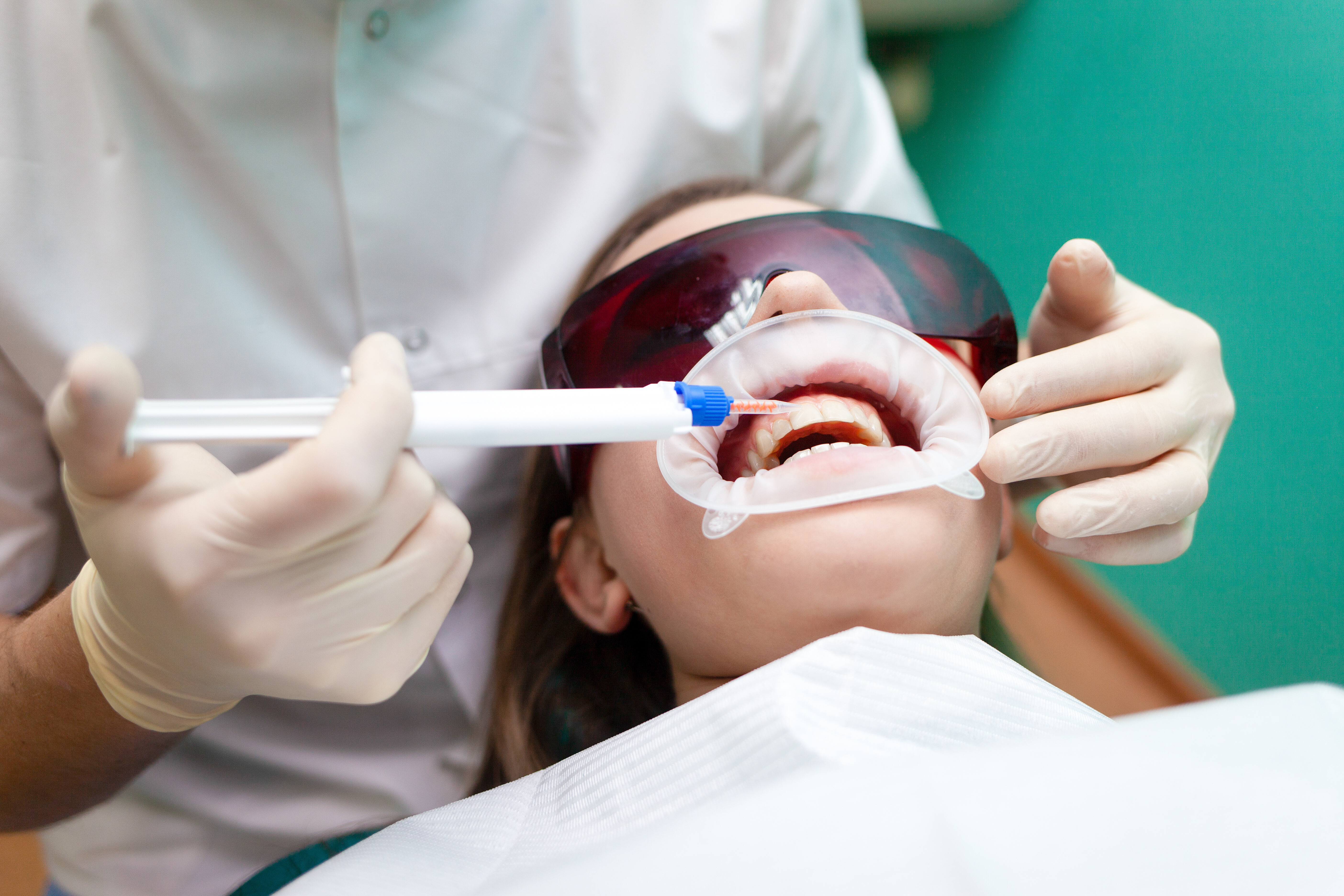
Complex Extraction
Complex or surgical extractions are necessary for teeth that are not easily accessible, such as impacted wisdom teeth. These might require an incision and removal of some bone, typically under general anesthesia for comfort. Both procedures may involve using gauze to control bleeding post-extraction, and surgical extractions may require dissolvable stitches.
Complex Extraction

Blood Clot Formation After Tooth Extraction
The blood clot that forms after a tooth extraction typically appears as a dark red or maroon gel-like substance. It sits snugly in the socket where the tooth was removed, filling the space to prevent bleeding and protect the underlying bone and nerves. Over time, it may darken as it stabilises in the healing process.
Blood Clot Formation After Tooth Extraction
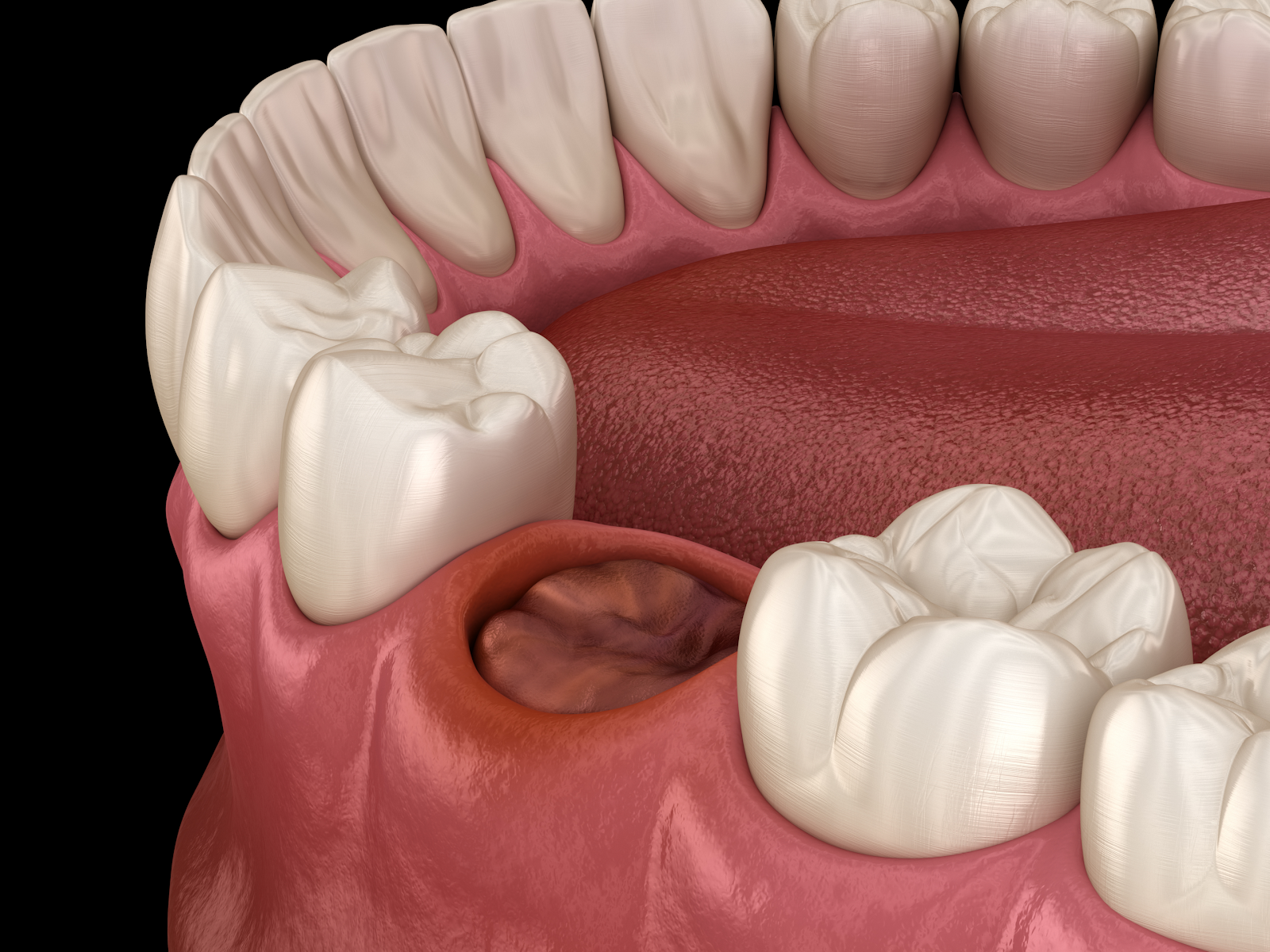
Types of Sedation
Local Anesthesia
Local anesthesia numbs only the area around the tooth being extracted, allowing patients to stay awake and aware during the procedure. It's commonly used for simple extractions and is effective for pain relief with minimal side effects. Recovery is quick, making it a convenient option. However, it may not be ideal for those with severe anxiety or for more complicated extractions.
General Anesthesia
General anesthesia makes the patient completely unconscious during the extraction, so they don't feel or remember anything. This method is best for complex procedures or patients who are very anxious. While it ensures complete comfort, it requires more recovery time and can leave patients feeling groggy afterward. It also carries slightly higher risks compared to other sedation options.
IV Sedation
IV sedation delivers medication directly into the bloodstream, helping patients feel relaxed and calm during the extraction while still being able to respond to questions. This method works quickly and allows the dentist to adjust the sedation level as needed. Patients often have little memory of the procedure afterward, which can be comforting. However, it requires monitoring and can lead to longer recovery times compared to local anesthesia.
Nitrous Oxide
Nitrous oxide, or "laughing gas," is inhaled through a mask and helps patients feel relaxed while keeping them fully conscious. It’s easy to use, works quickly, and wears off fast, allowing patients to return to normal activities shortly after. It's often combined with local anesthesia for added comfort but may not provide enough sedation for more complex extractions.
Tooth Extraction Risks
- ● Dry Socket: Occurs when the blood clot at the extraction site fails to form or dislodges prematurely, leaving the bone exposed. This painful condition requires careful management by your dentist.
- ● Infection: There is a risk of bacteria invading the extraction site, leading to symptoms like pain, swelling, and fever, often managed with antibiotics.
- ● Excessive Bleeding: Some bleeding is normal, but excessive or uncontrolled bleeding may need immediate medical attention.
- ● Swelling: Common after extraction, typically peaking within 24-48 hours. Ice packs and anti-inflammatory medications are effective for management.
- ● Nerve Injury: Particularly during the extraction of lower jaw teeth, there is a risk of injury to the inferior alveolar nerve, which can result in temporary numbness or tingling in the lower lip, chin, and teeth. While most nerve injuries are temporary, they can occasionally be permanent. Dentists minimise this risk by carefully planning the extraction procedure, often using detailed imaging techniques to map out the position of the nerve relative to the tooth. In the event of nerve damage, your dentist will monitor your recovery closely and may refer you to a specialist for further management.
- ● Sinus Perforation: Particularly during the removal of upper teeth, there is a small risk of creating an opening into the sinus (hollow cavity in the skull that produces mucus), necessitating further treatment.
Tooth extraction, whether that’s a simple or complex case, is not risk-free. That’s why here at Nuffield Dental SG, we remain transparent to our patients regarding the risks involved in every tooth extraction procedure. From using sanitised tools and equipment, checking every patient’s medical history, to utilising advanced techniques, we make sure we play our part in minimising the risks that may occur in every tooth extraction procedure. By choosing Nuffield Dental SG, you can trust that you are in good hands.
Tooth Extraction Complications
While complications from tooth extractions are relatively rare, recognizing them promptly can be crucial:
If you’re considering tooth extraction, it’s important that you choose an experienced team of dentists and nurses to entrust your safety and comfort with.
At Nuffield Dental SG, our team of experienced dentists and nurses is dedicated to provide you with a top-quality service that will give you relief and a lasting comfort.
Book your appointment for tooth extraction and find out how a healthier oral health can improve your well-being.
Tooth Extraction Alternatives
Root Canal Treatment
Root canal treatment is aimed at saving a severely damaged or decayed tooth. The infected pulp is removed, and the tooth's interior is cleaned and sealed. This procedure can prevent further infection and maintain your natural tooth.
Dental Fillings
Dental fillings are used to repair cavities caused by tooth decay. The decayed portion is removed, and the space is filled with a material like composite resin or amalgam. This prevents bacteria from entering and causing further decay.
Dental Crowns
Dental crowns are caps that cover and protect a damaged tooth. They restore the tooth’s shape, size, and strength. Crowns can be made from porcelain, metal, or a combination, ensuring durability and a natural appearance.
Cost of Tooth Extraction in Singapore
Are There Subsidies for Tooth Extractions in Singapore?
Yes, subsidies are available for tooth extractions in Singapore.
CHAS (Community Health Assist Scheme)
- For Singaporean citizens from low to middle-income families.
- CHAS Blue, Merdeka Generation, and Pioneer Generation cardholders can receive subsidies.
Government Institutions
- Hospitals and Polyclinics: Routine extractions cost between $600 to $825.
- You may use Medisave to cover costs.
Check with your dental clinic for specific subsidy eligibility and amounts.

Why Choose Nuffield Dental for Dental Extractions?
Multiple dental clinic locations:
Your comfort is our priority and we aim to be easily accessed, especially in case of dental emergencies. If you want to get your teeth checked if they’re up for extraction or for any other dental procedures, rest assured we have a clinic that you can easily visit.
Tooth Extraction Before and After
The regulations prohibit us from displaying before and after pictures on our website; these images are only permitted to be shown in the clinic. If you wanna take a look at these images, feel free to drop by our clinic
Tooth Extraction Before and After

FAQs
Is a Tooth Extraction Painful?
No, tooth extractions are usually not painful due to local anesthesia, which numbs the area. You might feel pressure, but sharp pain is rare. Pain management includes painkillers and ice packs.
I Have a Phobia of Tooth Extractions... Help?
Rest assured - our clinic offers a supportive environment with experienced professionals and calming techniques to help manage your phobia and ensure a stress-free tooth extraction.
How Long Does a Tooth Extraction Take?
Simple tooth extractions typically take 20 to 40 minutes, while surgical ones may take longer. The process can extend to an hour if multiple teeth are removed.
How Long Does It Take to Recover From a Tooth Extraction?
Recovery time depends on the complexity of the procedure. Most people recover within a few days, but full healing may take several weeks..
Will I Get an MC After My Tooth Extraction?
You will receive a medical certificate after your tooth extraction, allowing 1-2 days off for simple extractions and up to a week for more complex ones.
How Can I Make a Tooth Extraction Heal Faster?
To speed up healing time after a tooth extraction, follow your dentist’s instructions, maintain oral hygiene, avoid harmful habits, eat soft foods, stay hydrated, and rest well.
Can I Get Multiple Tooth Extractions at Once?
Yes, multiple tooth extractions can be done in one session. This is common for braces preparation or if several teeth are damaged or diseased. Pain management and recovery plans are essential.
Do My Baby Teeth Need to Be Extracted?
Baby teeth usually don't need to be extracted as they typically fall out naturally to make room for permanent teeth. However, extractions may be necessary if they don't fall out on time or cause alignment issues.
How Do I Know if My Tooth Extraction Hole is Infected?
Signs of infection after a tooth extraction include severe pain, persistent swelling, foul odour, pus, fever, and bleeding. Contact your dentist immediately if these occur.
Medical References
Kamalova, E. E. Maslak I. V. Fomenko, A. L. Kasatkina, T. N. Kamennova, T. G. Khmizova, K. V. Nikitina, M. K. REASONS FOR PRIMARY TEETH EXTRACTION IN CHILDREN AGED 1-14 YEARS: A RETROSPECTIVE STUDY. 8 Nov. 2020,
archives.palarch.nl/index.php/jae/article/view/3956.
Ness, Gregory M., et al. “Impacted Teeth.” Springer eBooks, 2022, pp. 131–69, doi:10.1007/978-3-030-91920-7_5.
Passarelli, Pier Carmine, et al. “Reasons for Tooth Extractions and Related Risk Factors in Adult Patients: A Cohort Study.” International Journal of Environmental Research and Public Health/International Journal of Environmental Research and Public Health, vol. 17, no. 7, Apr. 2020, p. 2575, doi:10.3390/ijerph17072575.
What's the difference between a wisdom tooth extraction and surgery?
There are two types of wisdom tooth extraction: simple and surgical. A simple extraction is done for fully erupted wisdom teeth, while surgical extraction is necessary for impacted or partially erupted wisdom teeth, requiring the dentist to uncover and remove them.
Is the formation of a blood clot normal at the surgical site post-surgery?
Yes. After wisdom tooth removal, a blood clot forms at the extraction site to protect and heal the area. It's crucial not to disturb the site to avoid dislodging the clot, as this can lead to dry socket, a painful condition that worsens over time.
What happens if you have a tooth pulled and don't replace it?
How long can I go with a missing tooth?
You can go for four to six months with a missing tooth, but it's best to replace it as soon as possible to prevent shifting of nearby teeth.
Is it OK to live with a missing tooth?
No. While living with one or two missing teeth is not an immediate health threat, it can increase your vulnerability to periodontal disease over time, which is linked to cardiovascular problems and diabetes.
When is it too late to replace a tooth?
With modern treatment options, it is never too late to address a missing tooth. Of course, because your smile can be affected by how long a missing tooth goes untreated, sooner is always better than later.
How long does it take for a missing tooth hole to close?
After a month, your tooth hole should be completely healed, and there should be no spicules or indentations.
Medical References
Kamalova, E. E. Maslak I. V. Fomenko, A. L. Kasatkina, T. N. Kamennova, T. G. Khmizova, K. V. Nikitina, M. K. REASONS FOR PRIMARY TEETH EXTRACTION IN CHILDREN AGED 1-14 YEARS: A RETROSPECTIVE STUDY. 8 Nov. 2020, archives.palarch.nl/index.php/jae/article/view/3956.Ness, Gregory M., et al. “Impacted Teeth.” Springer eBooks, 2022, pp. 131–69, doi:10.1007/978-3-030-91920-7_5.
Passarelli, Pier Carmine, et al. “Reasons for Tooth Extractions and Related Risk Factors in Adult Patients: A Cohort Study.” International Journal of Environmental Research and Public Health/International Journal of Environmental Research and Public Health, vol. 17, no. 7, Apr. 2020, p. 2575, doi:10.3390/ijerph17072575.

Fill out the form for any request or questions you have and we will contact you within one working day..
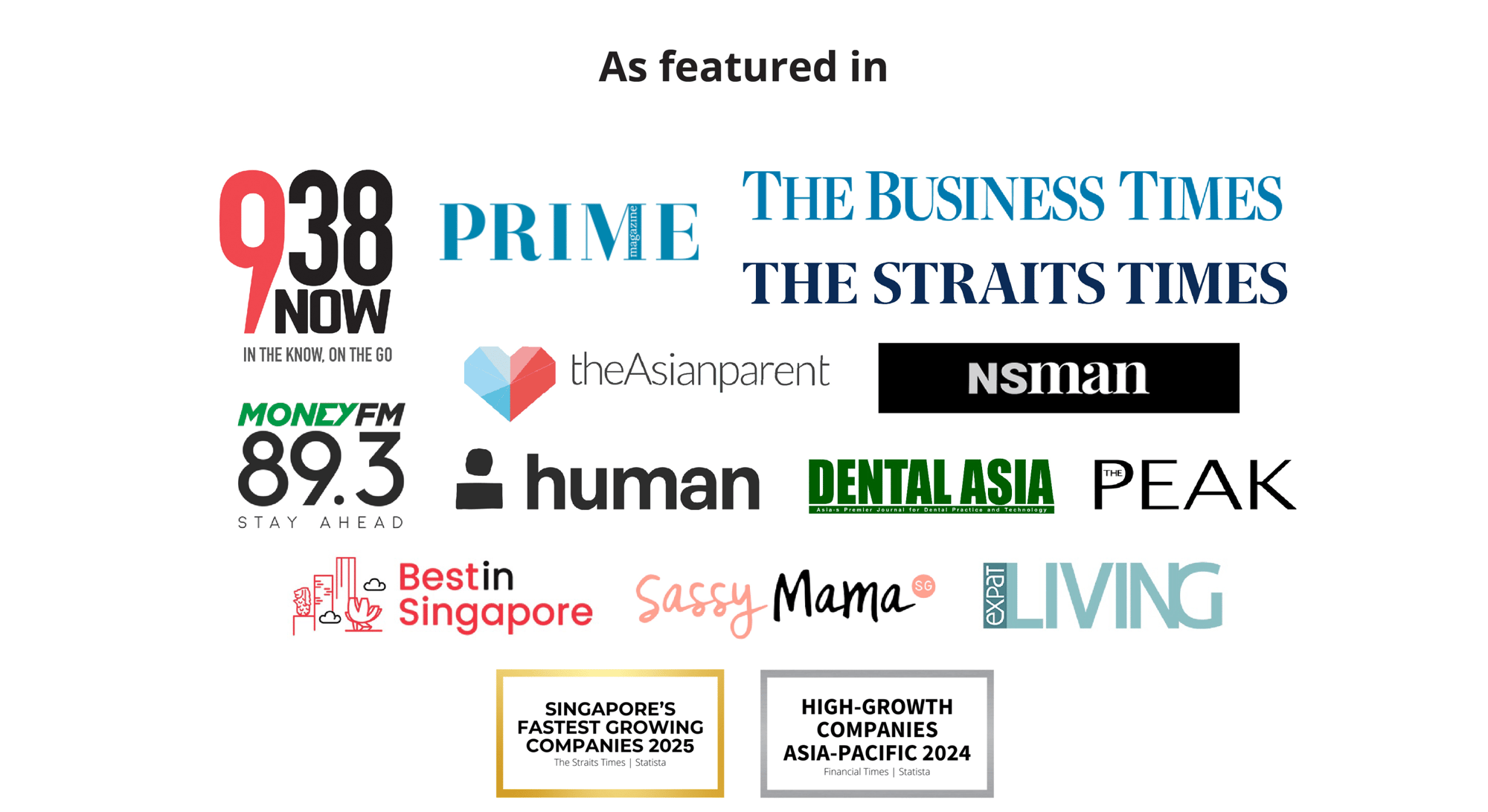

Why Choose Nuffield Dental?
Nuffield Dental is a one-stop, multi-disciplinary dental care centre. At Nuffield, we put you first. We believe in providing personalised service for each patient.
Nuffield Dental is a one-stop, multi-disciplinary dental care centre. Here at Nuffield Dental, we pride ourselves of our personalised oral care for each and every one of our patients. We need to make sure you get all the help you need to make your dental procedures comfortable, accessible and seamless.

Our dentists have a special interest inoral maxillofacial surgery and are accredited dental providers who have been helping patients achieve confident smiles.
Articles
The newest and best lifestyle articles selected by our editorial team.
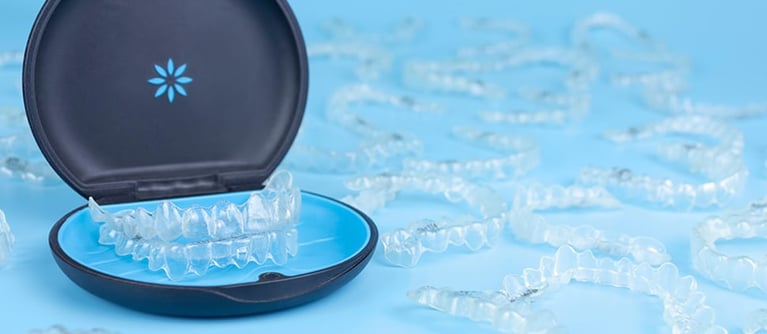
- 4 Jan 2023
- 4 mins read
- Cosmetic Dentistry, invisalign, zenyum, invisible braces, clear aligners
Traditional braces have done wonders for millions of people around the world, but the new generation of clear aligners are here to step up the game....

- 21 Dec 2022
- 4 mins read
- Dental Veneers, veneers, dental crown, tooth crown
What are Veneers? Veneers are thin, tooth-coloured layers that are applied to the surface of teeth to improve their appearance. It is a painless...
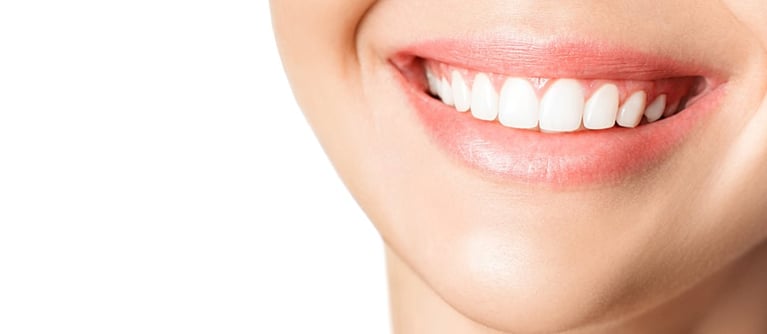
- 1 Dec 2022
- 4 mins read
- Dental Veneers, teeth whitening, Cosmetic Dentistry, veneers, composite veneer bonding
What is cosmetic dentistry? Not blessed with straight, pearly white teeth? Cosmetic dentistry can give you that healthy, confident smile! This dental...
.png?width=2223&height=447&name=Background%20(4).png)


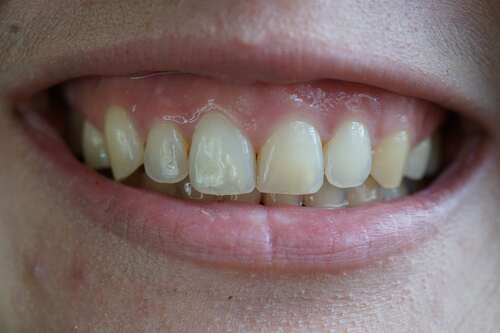
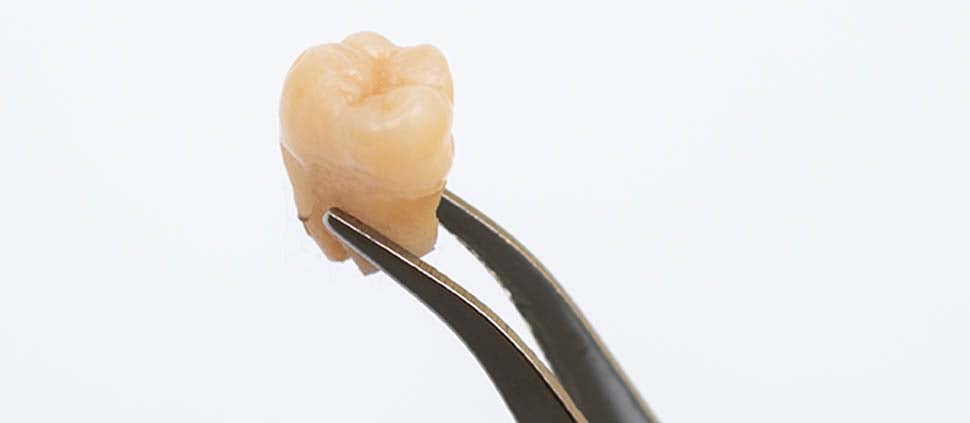


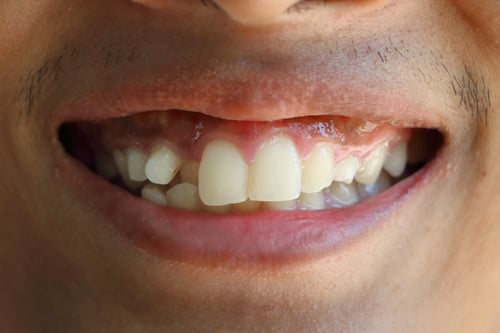





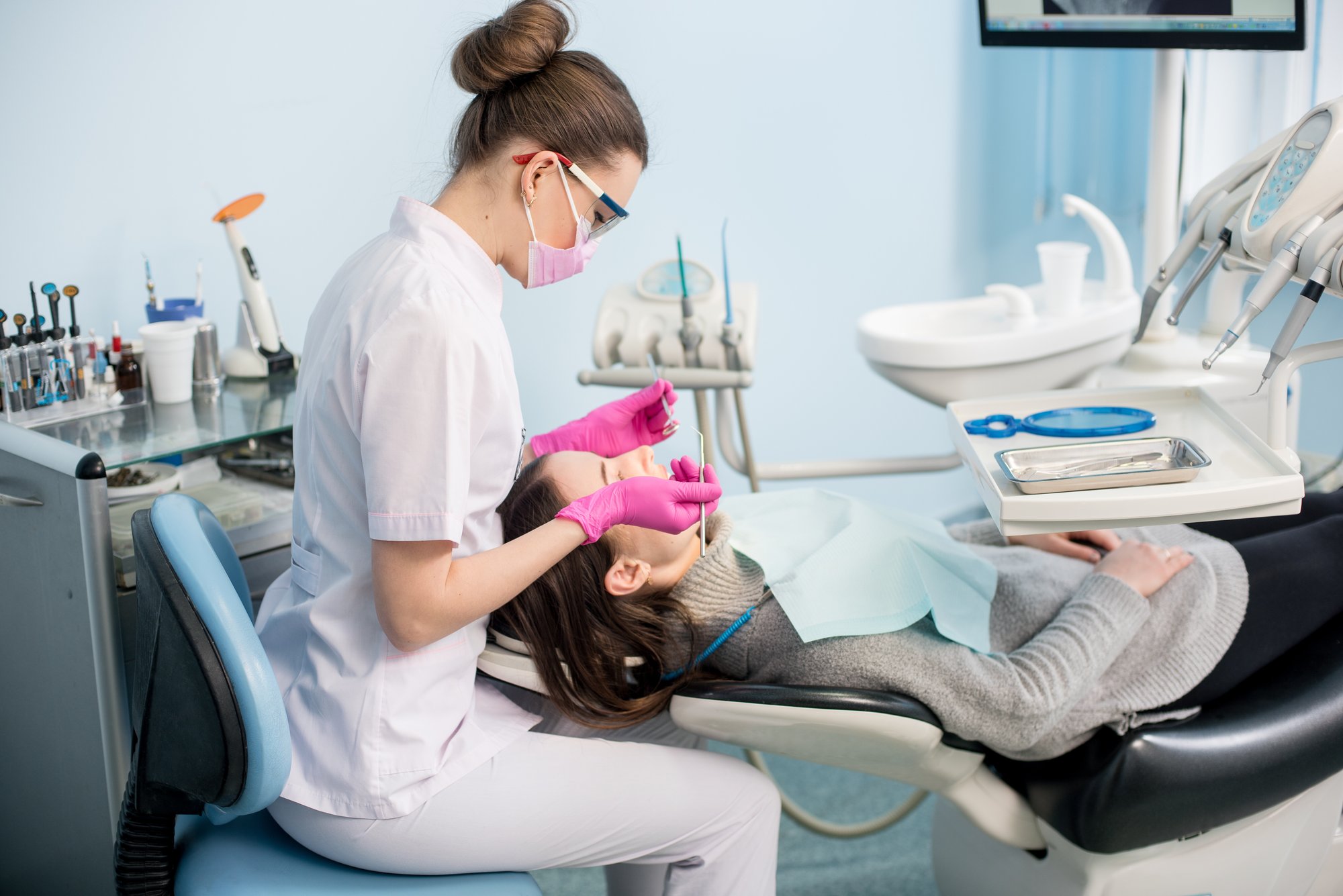

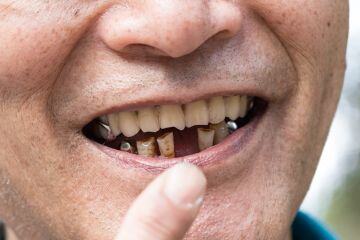
-1.jpg)
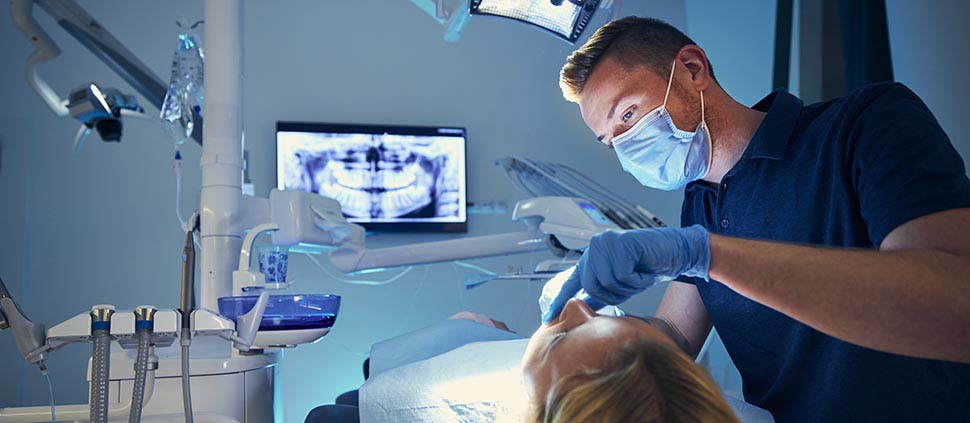
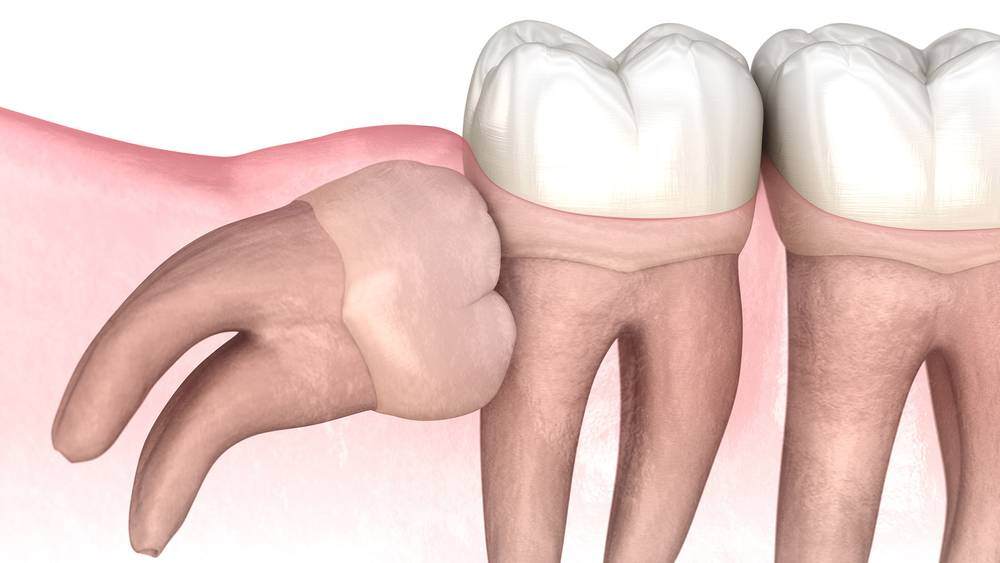
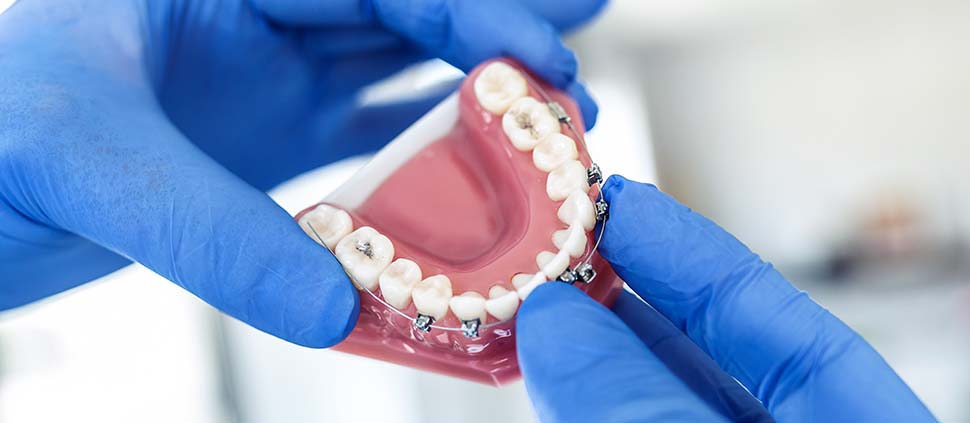



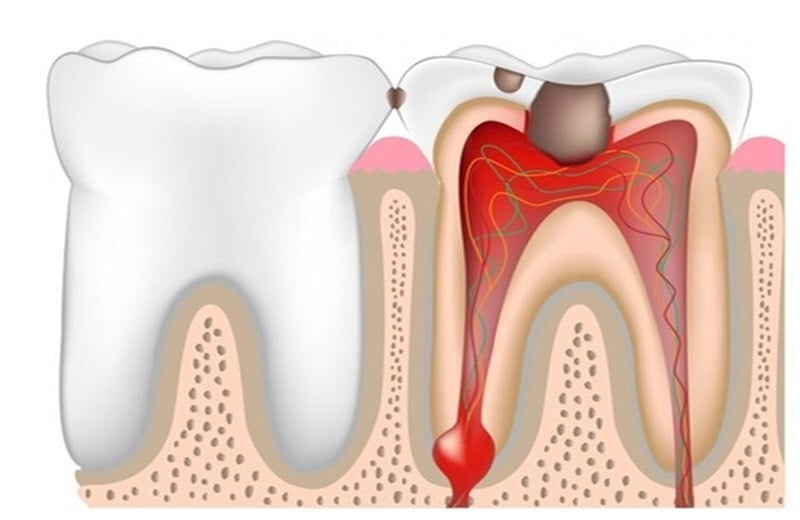
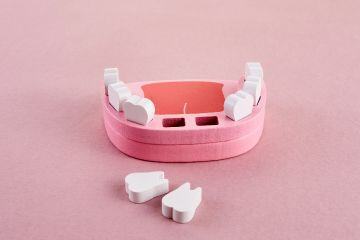



.jpg?width=2000&name=tooth-pain-dentistry-beautiful-young-woman-suffering-from-terrible-strong-teeth-pain-touching-cheek-with-hand-female-feeling-painful-toothache-dental-care-health-concept-high-resolution%20(1).jpg)
